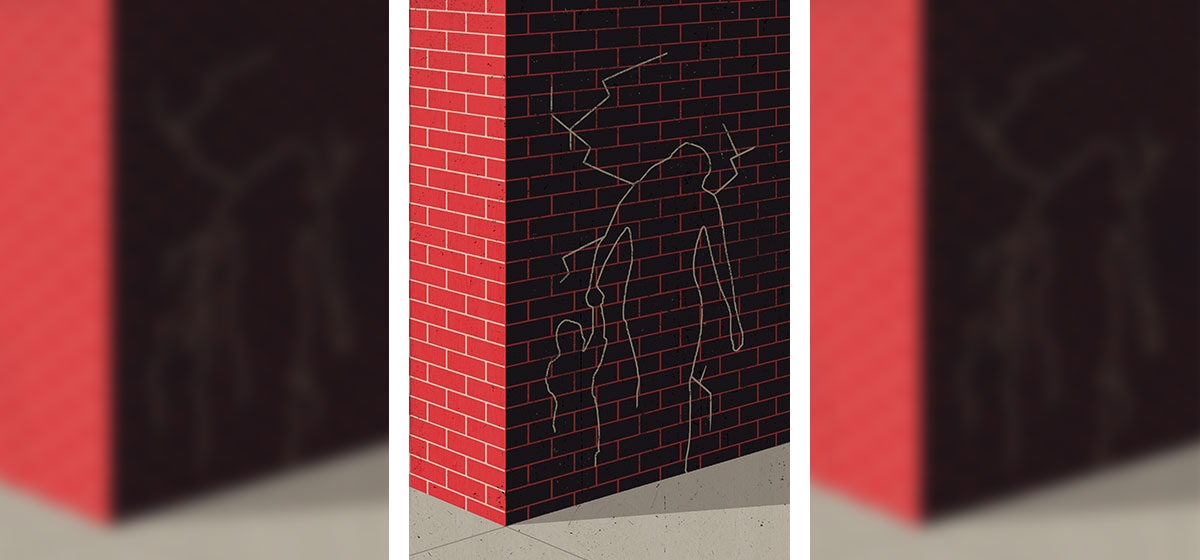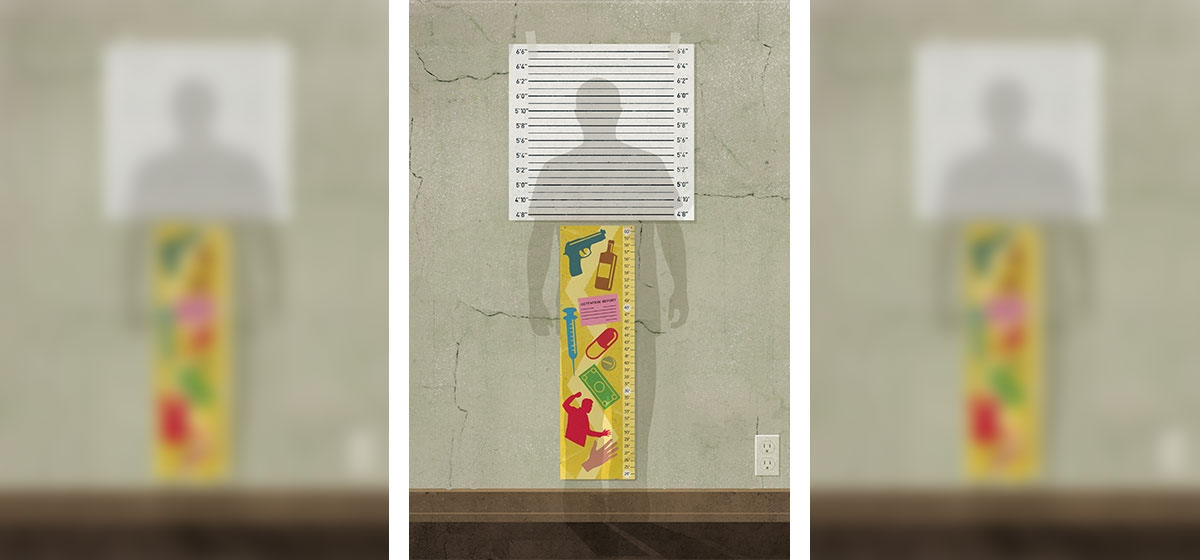Making our region work for all
Pittsburgh is often hailed as an economic success story, having bounced back from the devastating collapse of the steel industry in the 1970s and 1980s by building robust education, medical and technology industries. But, in many communities across the region persistent barriers, such as systemic racism, have resulted in a cycle of poverty that can be hard to break.
Our research reveals that these barriers affect about 30% of the regional population, with 18% of children under age 18 living in poverty. COVID-19 has only made things more difficult. Wages have stagnated as the costs of housing, education and child care continue to rise, making it harder and harder for families to get by. The effects of poverty include poor-quality schools, inadequate transportation and a lack of jobs and job-training opportunities. And, there is disproportionate representation of people living in poverty, especially people of color, in the criminal justice system.
The COVID-19 pandemic exacerbated existing economic and health disparities, creating more difficulty for the region, particularly for communities of color, which face disproportionate impact from the virus. The pandemic also created significant difficulties for nonprofits serving the community. In 2020, the Foundation commissioned a study, and findings were captured in a report, Impacts of COVID-19 on Pennsylvania Nonprofits, which estimated losses of $708 million on 800, or 2%, of the state’s nonprofits. The actual economic toll to organizations ranging from child care centers to arts organizations balloons to billions of dollars.
We at The Pittsburgh Foundation want to be part of sustaining Pittsburgh’s growth by building bridges that connect all of our families, friends and neighbors to the region’s opportunities.
Changing the way we operate: Locally funded and locally focused, the Foundation and its donors have spent more than 75 years working to improve quality of life in the region. But we recognize that our efforts haven’t always succeeded in addressing the root causes of the challenges that Pittsburghers face. To do that, we have to take aim at the cycle of generational poverty and the systemic forces that limit access to economic opportunity and create inequities that hamper people’s ability to meet their basic needs. We can’t do it alone. To get better results, we have to operate in fundamentally different ways.




